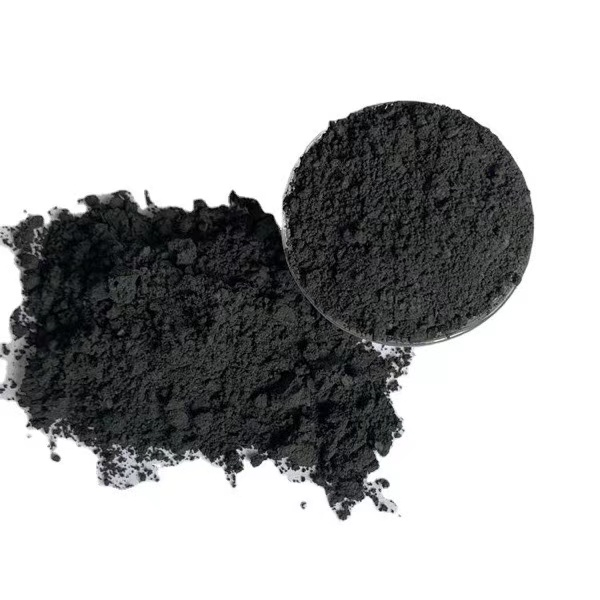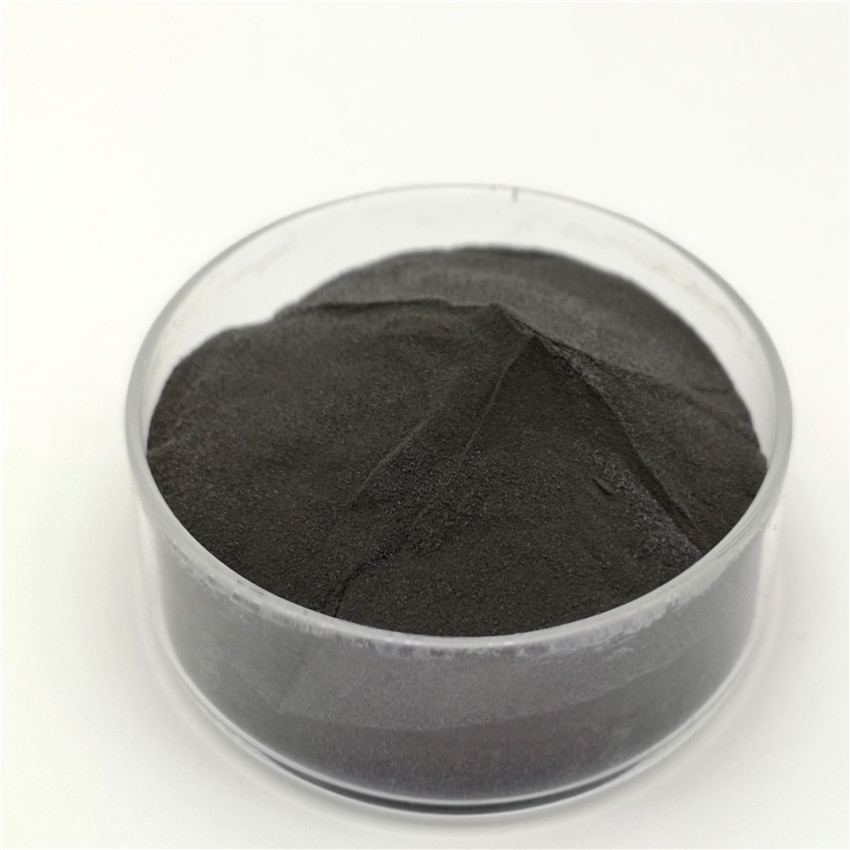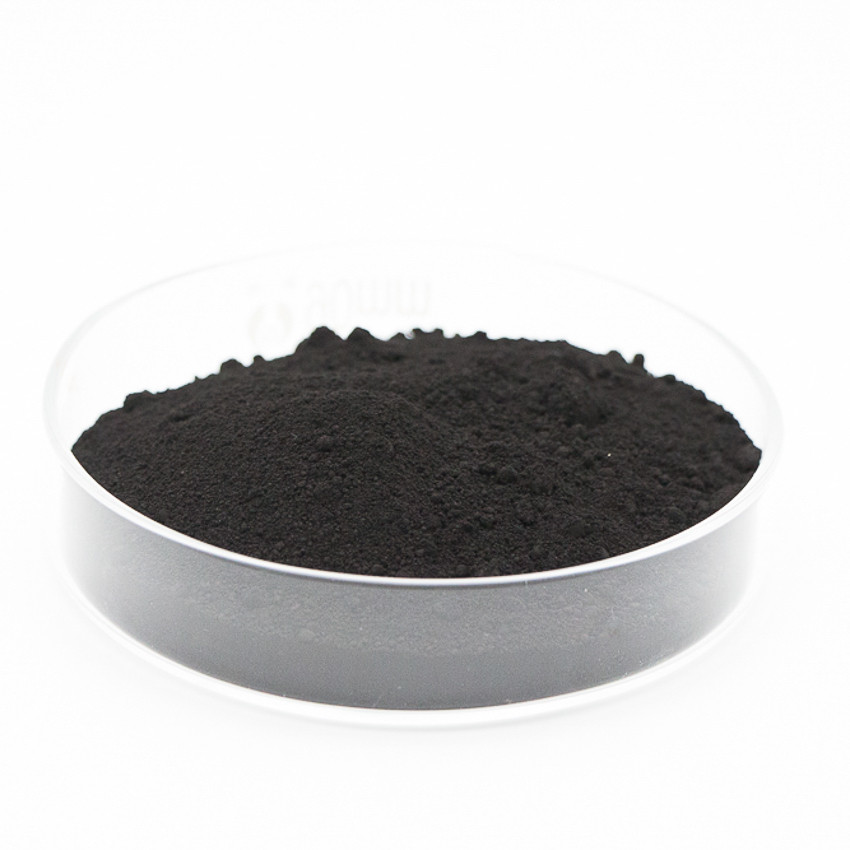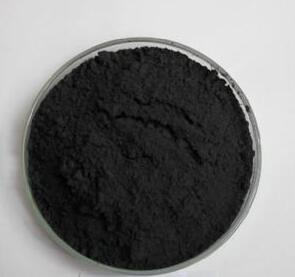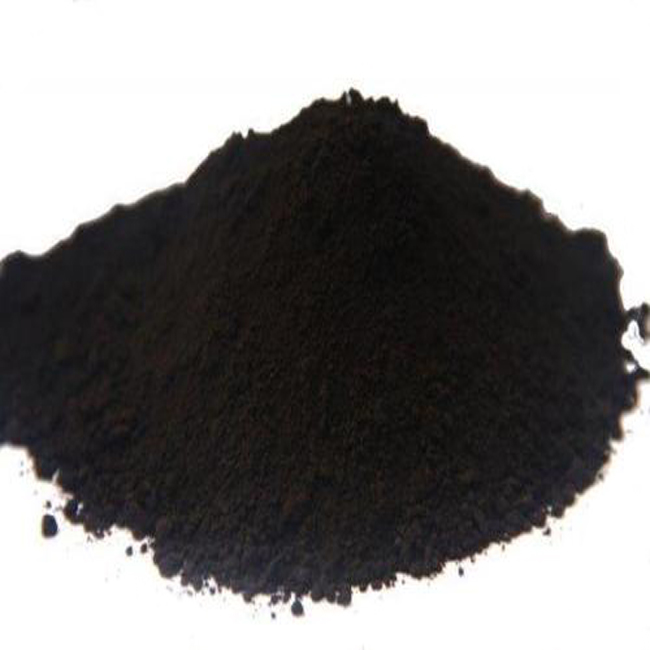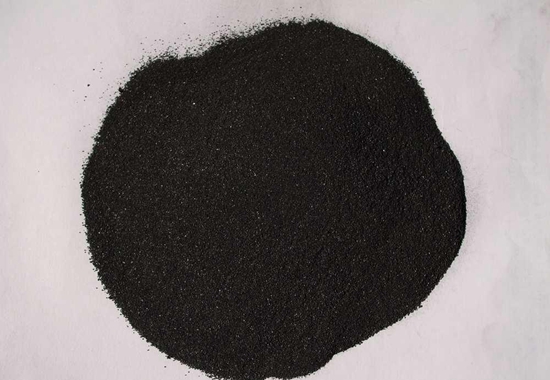Is Graphite Ionic Covalent Or Metallic
Title: The Scientific Behind Graphite's Marvelous Nature(Is Graphite Ionic Covalent Or Metallic)
Are you looking for an extraordinary discovery that can change the way we perceive matter? Have you ever wondered ifGraphite is both metallic andionic? Well, the answer to these questions lies within the fascinating world of Graphite. Graphite, a chemical element discovered in 1836 by French chemistFrederic Laux de Tarno, is known for its strong ferrous bonds and high melting points. It is classified as one of the most common metal elements on Earth due to its unique properties. One of the key reasons why Graphite is described as metallic is due to its high content. This high content results in a variety of interesting physical properties that make it well-suited for a variety of applications. One such property is the ability to conduct electricity without resistance. Graphite materials have been used extensively in electric devices such as transformers, battery cells, and power transmission lines. Another reason why Graphite is classified as metallic is due to its strong interactivity with other elements. Graphite is highly compatible with other metals such as iron and aluminum, which makes it an excellent conductor of electrical current. In addition, Graphite has a wide range of electronic properties, including self-coupling and interconnection, which allows it to exhibit various electrical behavior. One fascinating aspect of Graphite's metallic nature is its potential to be used in the production of rechargeable batteries. Metal oxides such as Graphite offer many advantages over traditional metal sources, such as being more durable, easier to process, and cheaper to produce. This makes them an attractive option for manufacturing batteries. Another interesting application of Graphite is its potential to be used in the development of renewable energy technologies. Graphite can be formed from raw materials such as solar panels or wind turbines, which can be recharged through solar cells or wind turbines to generate electricity. This technology has the potential to revolutionize the way we generate and use electricity. Despite its incredible potential, there are also concerns about the environmental impact of Graphite production. One concern is that the process of producing Graphite can lead to the release of toxic chemicals into the environment. To address this issue, scientists are working on developing new methods for manufacturing Graphite that are less harmful to the environment. In conclusion, Graphite is a fascinating material that holds many surprising properties, including its ability to conduct electricity, form rechargeable batteries, and be used in the production of renewable energy technologies. While there are concerns about its environmental impact, it is still an important mineral that holds great promise for our future.(Is Graphite Ionic Covalent Or Metallic)
To learn more about Graphite and its potential uses, you may want to check out some of the latest scientific research on the topic. You may also want to consider reading some books and articles on the subject to gain a deeper understanding of the material and its potential implications for society.hot tags: graphite,graphite powder,nano graphite




